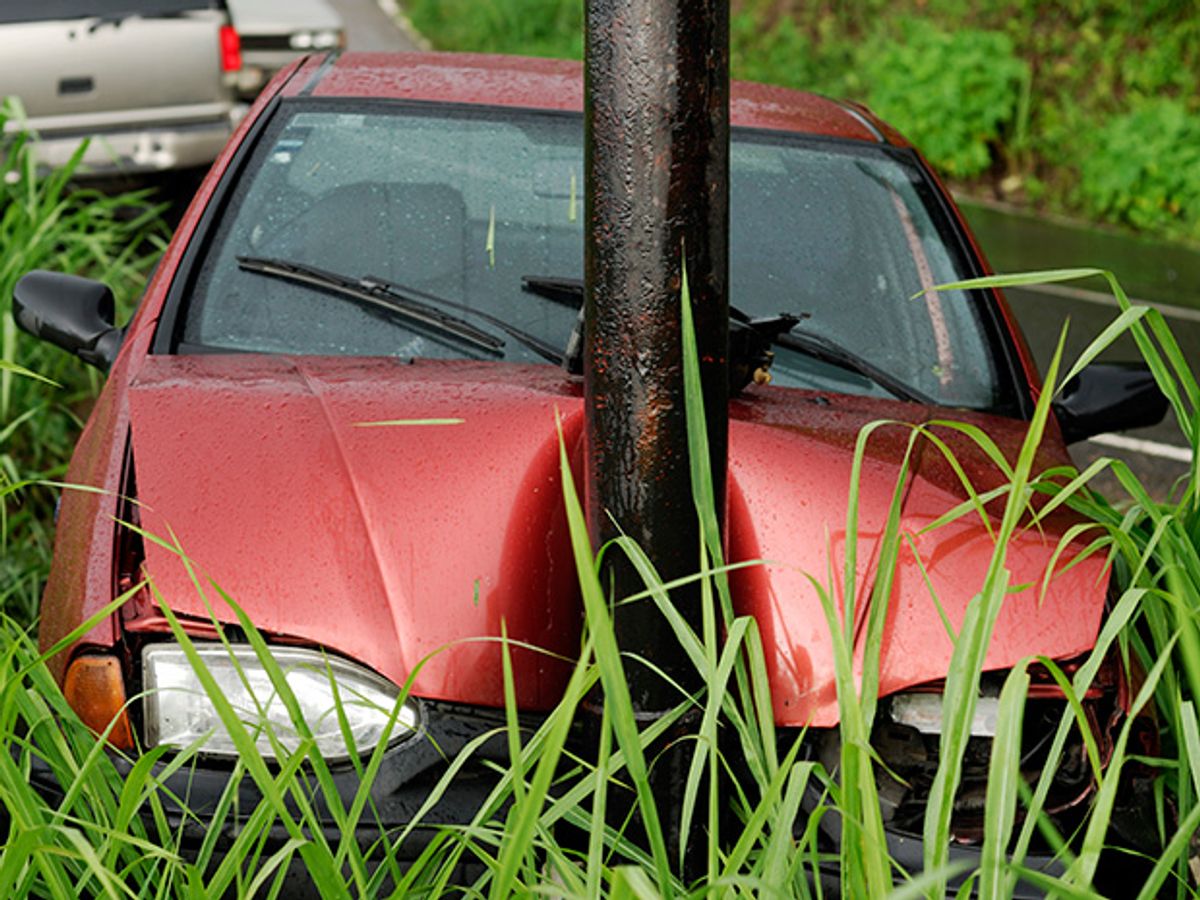Automatic emergency braking that can prevent car collisions may save many lives before the mainstream arrival of self-driving robot cars. Ten of the top automakers have taken a historic step by pledging to install such braking technology in all future car models sold in the United States. But some safety advocates still want the U.S. government to make automatic emergency braking mandatory.
Emergency automatic braking technology usually relies on radar, cameras or lasers to detect impending collisions and warn the driver. The braking kicks in automatically if the drivers don’t react in time. Audi, BMW, Ford, General Motors, Mazda, Mercedes-Benz, Tesla, Toyota, Volkswagen, and Volvo have all committed to working with the National Highway Traffic Safety Administration toward putting the braking technology in all their car models, according to the Los Angeles Times. The ten automakers represent about 57 percent of U.S. auto sales.
“We are entering a new era of vehicle safety, focused on preventing crashes from ever occurring, rather than just protecting occupants when crashes happen,” said Anthony Foxx, U.S. Transportation Secretary, in a press release on 11 September. "But if technologies such as automatic emergency braking are only available as options or on the most expensive models, too few Americans will see the benefits of this new era.”
Such safety technology could either prevent or reduce the consequences of an estimated 80 percent of rear-end collisions that cause 1,700 deaths and half a million injuries each year, according to a report by the National Transportation Safety Board. The Insurance Institute for Auto Safety—an industry group also involved in the automakers’ commitment—estimates the effort could reduce insurance injury claims by up to 35 percent. But the exact capabilities of the automatic braking systems varies depending on the automaker.
Safety advocates don’t think the recent pledge goes far enough. Some suggested that the automakers’ commitment merely represented a “backroom deal” to avoid stricter government regulation, according to the Associated Press. Clarence Ditlow, executive director at the Center for Auto Safety, said that the government should make such braking systems a legal requirement for all cars.
“This can’t be voluntary,” Ditlow said in a press release. “This needs a mandated safety standard with rigorous performance measures that trigger a recall if an auto maker doesn’t meet them.”
Such automatic safety features represent yet another step on the road to having fully automated, self-driving robot cars. Big automakers such as Toyota have begun developing better artificial intelligence that could enhance near-future vehicles without completely taking the steering wheel away from human drivers. But Google, Apple and other tech giants have been testing fully driverless vehicles that could eventually make for much safer roads.
Jeremy Hsu has been working as a science and technology journalist in New York City since 2008. He has written on subjects as diverse as supercomputing and wearable electronics for IEEE Spectrum. When he’s not trying to wrap his head around the latest quantum computing news for Spectrum, he also contributes to a variety of publications such as Scientific American, Discover, Popular Science, and others. He is a graduate of New York University’s Science, Health & Environmental Reporting Program.



